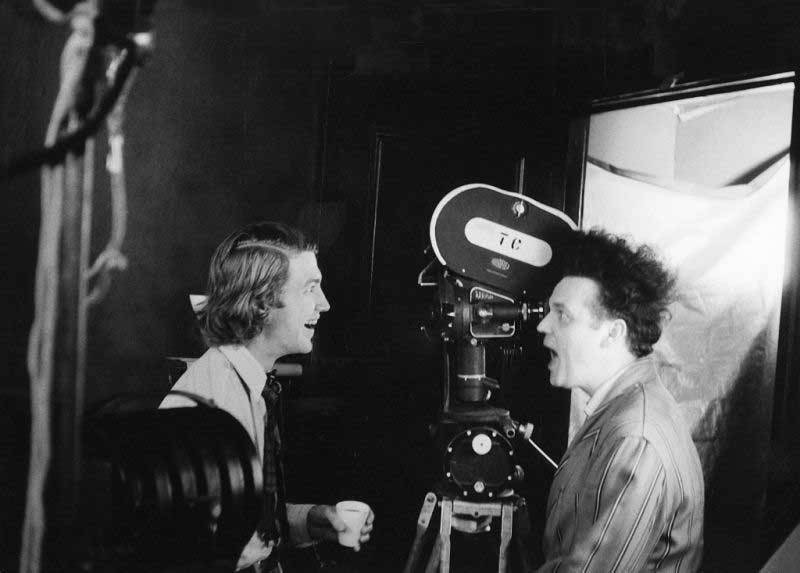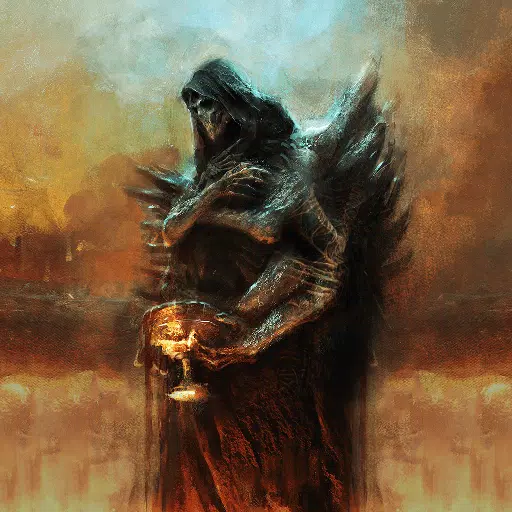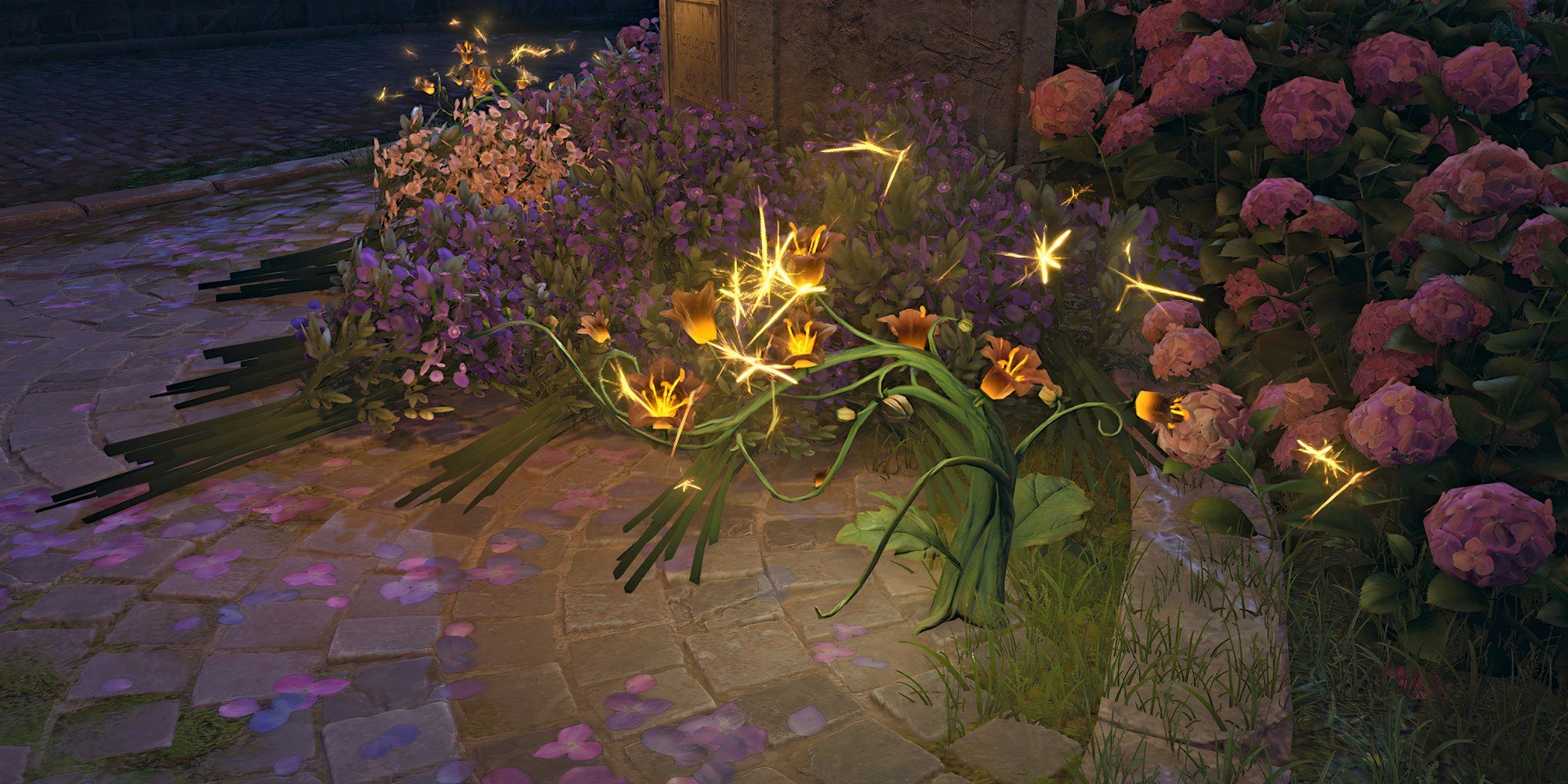In the iconic pilot episode of Twin Peaks, David Lynch masterfully captures the mundane rhythms of everyday life in a high school setting. We see a girl sneaking a cigarette, a boy being summoned to the principal's office, and a teacher taking attendance. The scene shifts dramatically when a police officer enters the classroom and whispers to the teacher, followed by a scream and a student sprinting across the courtyard. The teacher struggles to hold back tears, hinting at an impending announcement. Lynch then focuses on an empty seat, as two students exchange knowing glances, realizing the devastating truth: Laura Palmer is dead.
Lynch's genius lies in his meticulous attention to surface-level details, which he uses to unveil the unsettling undercurrents lurking beneath. This moment in Twin Peaks encapsulates the thematic essence of his career, yet it's not the only scene fans might consider definitive. Over four decades, Lynch's work has spanned movies, television, and art, resonating uniquely with each viewer. Ask any dedicated Lynch fan, and you're likely to get a variety of responses on which scene or work best represents his style.
The term "Lynchian" has become synonymous with a disquieting, dream-like quality that defies easy categorization. This elusive nature is what makes Lynch's passing so difficult for fans to accept. His singular voice, while universally appealing, touches different chords for everyone. Few artists earn the distinction of having a new adjective coined after them. While terms like "Spielbergian" or "Scorsese-ish" describe specific stylistic elements, "Lynchian" captures a broader, more unsettling essence, much like "Kafkaesque."
Lynch's influence transcends generations. Watching Eraserhead is a rite of passage for budding film enthusiasts, a tradition that continues as new viewers, including the younger generation, discover his work. For instance, one teenager and his girlfriend embarked on a Twin Peaks binge, reaching the Windom Earle era of Season 2, showcasing the timeless appeal of Lynch's storytelling.
Lynch's ability to blend the timeless with the odd is evident in Twin Peaks: The Return. The series, which aired in 2017, features a child's bedroom reminiscent of 1956, complete with cowboy decor—a nod to Lynch's own childhood. Yet, this nostalgic setting exists within a surreal, otherworldly narrative involving clones and violent alter egos, a testament to Lynch's unique vision.
Even when working within Hollywood's constraints, as seen with Dune, Lynch's distinctive style shines through. Despite the film's troubled production, documented in A Masterpiece in Disarray by Max Evry, it remains unmistakably a David Lynch creation, complete with bizarre imagery like a cat/rat milking machine. His second feature, The Elephant Man, while closer to mainstream appeal, retains the unsettling atmosphere and emotional depth characteristic of his work.
Attempting to categorize Lynch's work into genres or tropes is futile, yet his films are instantly recognizable. His storytelling often delves into a world beneath our own, peeling back the curtain to reveal hidden truths. Blue Velvet, for example, starts as a seemingly typical noir but descends into a surreal underworld beneath the idyllic facade of Americana.
Lynch's influence is evident in contemporary cinema. Films like I Saw The TV Glow, directed by Jane Schoenbrun, echo the surrealism of Twin Peaks. Yorgos Lanthimos's The Lobster, Robert Eggers's The Lighthouse, Ari Aster's Midsommar, and David Robert Mitchell's It Follows and Under the Silver Lake all reflect elements of Lynch's style. Even Denis Villeneuve's early works like Enemy and Maelstrom owe a debt to Lynch's otherworldly aesthetic.

David Lynch may not be everyone's favorite filmmaker, but his impact on cinema is undeniable. As an artist who bridged the gap between traditional influences and becoming an influence himself, Lynch's legacy is that of an era's end. His films invite us to look beyond the surface, searching for those "Lynchian" elements that continue to inspire and unsettle.

 Latest Downloads
Latest Downloads
 Downlaod
Downlaod




 Top News
Top News






![Cockham Superheroes – New Version 0.5.2 [EpicLust]](https://images.5534.cc/uploads/36/1719595948667ef3acb2d9e.jpg)


